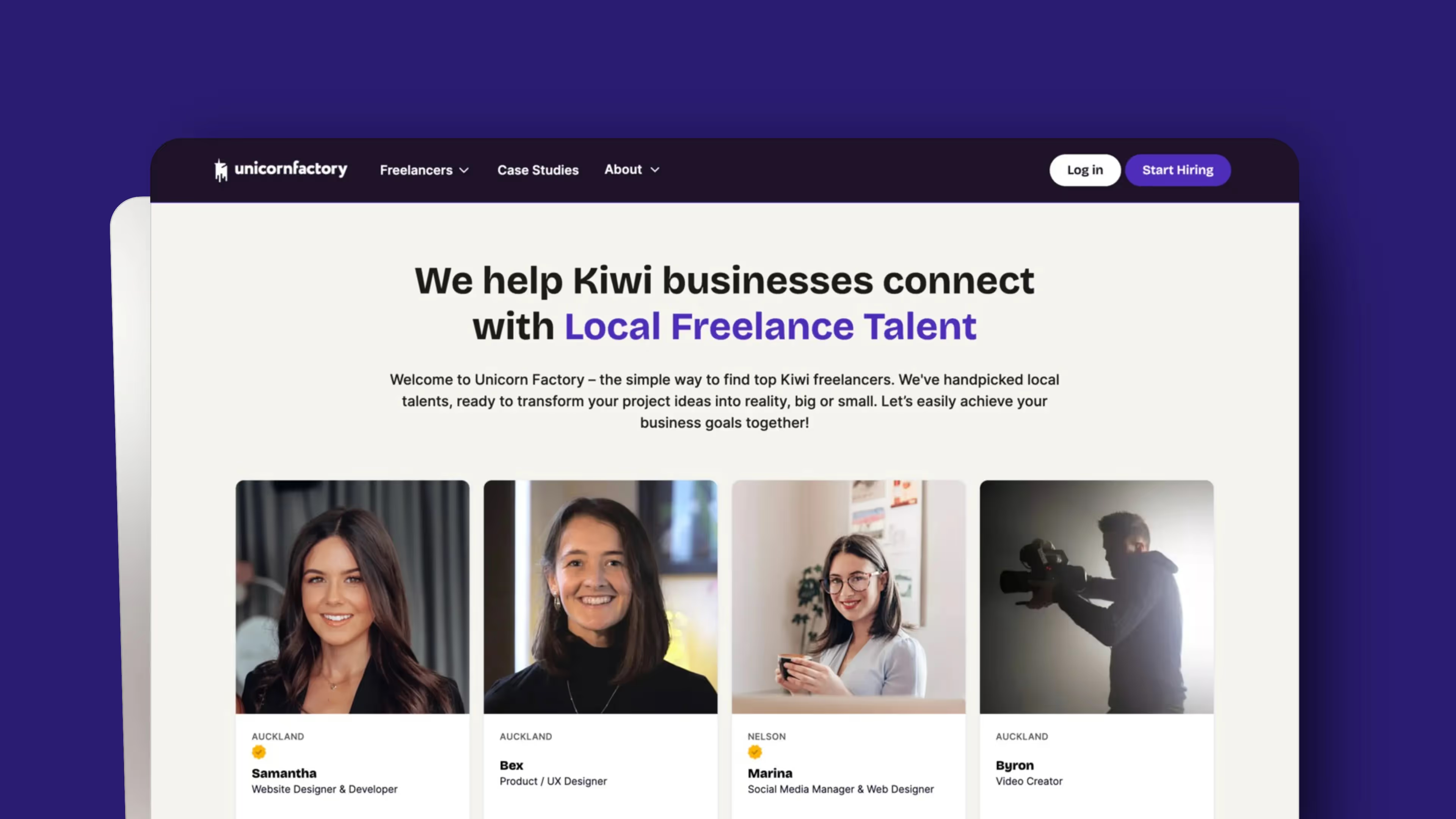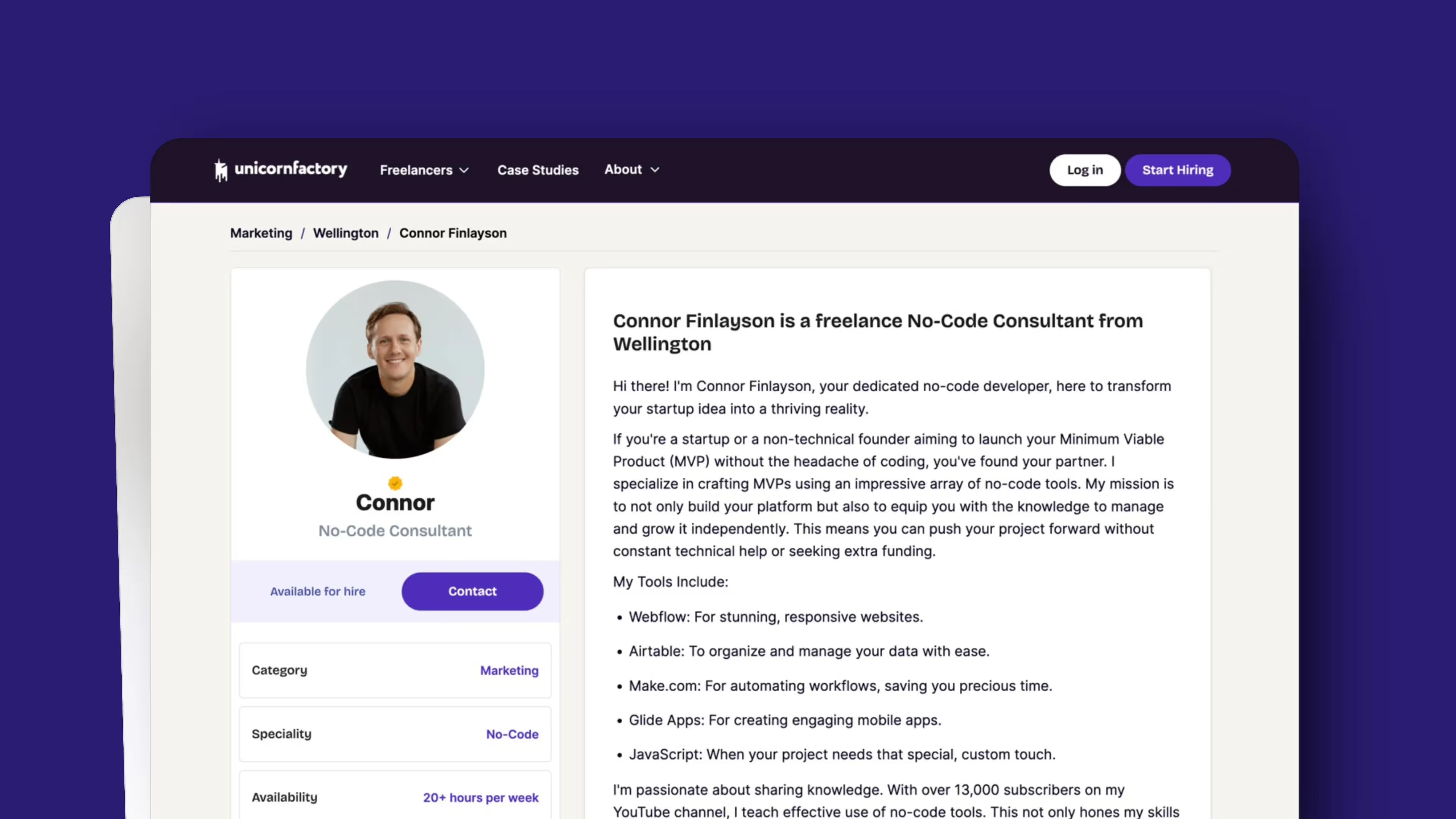Getting to know - Lu Davidson

Tell us a bit about yourself, what's your background?
Talking about myself is easily one of the most uncomfortable things. I love to be behind the camera or in the edit suite driving others’ stories, but cringe at telling my own.
I have spent half my life in Aotearoa, which I call home, and half living and exploring abroad, moving every few years, always returning home when I can. My passion for the environment, education and issue awareness has shaped the way I tell stories, using a positive and encouraging approach, tapping into the viewer’s emotions to bring about positive action.
After studying ecology, design and natural history filmmaking, I built my own company and created dozens of documentaries, short videos and animations that aim to shift perspectives and enlighten audiences. Teaching filmmaking and mentoring others to be able to tell their own stories is also a great passion – I’ve run dozens of workshops throughout New Zealand, Germany and India.
I am a bit of an adventure junkie and can’t sit still for long, so I burn off excess energy with tramping, sailing, cycling, snowboarding and am getting more into mountaineering and backcountry touring. Challenging situations seem to calm my mind and make for great water-cooler convos.
Tell us about your journey as a freelancer.
Since graduating from uni, I have always been a ‘freelancer’. The economic climate at the time meant employment contracts were not easy to come by for videographers, and they are just not common in the film industry in general. I have an appetite for roaming the globe and seeking new experiences, so contracts and remote work have been my go-to. One of my first summer contracts was to make expedition documentaries for a ship that travelled from the Arctic to Antarctica. Mātai Media was born and since then, has grown to be more of a content creation hub for positive impact and educational messaging, specialising in video and animation. I now get to collaborate with creatives from all over the world, and support organisations with knowledge to share and those who are trying to make the world a better place. Documentaries, animations, science communication, infographics, social media content – we create whatever is needed to get the message out there and inspire action. I guess technically, I am a freelancer, but that doesn’t really describe how I work, as I feel more like a ‘collaborator’, especially when working closely with my clients.
What is the personal or freelance project you are most proud of? Why?
It is nearly impossible for me to choose my favourite work projects – I am proud of what we achieved for each and every one of them, considering the time, budget and/or organisational limitations that influenced each of them.
My favourite client-related projects are often series-based content, such as 60s Civics, the ‘On Assignment’ series for Volunteer Services Abroad, and a range of videos for the coworking space BizDojo. Being able to create a series allows us to make bite-size, powerful content, and extend the theme into chapters.
My favourite personal project that gets the most attention is ‘Force of Habits’. Climate change and other powerful environmental issues are close to my heart, and having the chance to make whatever I wanted felt invigorating. This short film was made with two close friends when we stumbled across a rare lull in our work lives. I loved researching and creating the concept, brainstorming the script and storyboard together and spending two days filming. The editing is where the hard work begins, and having fresh eyes to help guide and support through this often lonely process was deeply appreciated. It has been screened in many festivals around the world and continues to have a positive impact on viewers, many of whom still reach out to say what the video means to them. Although it was aimed at young people who have just left home, all ages seem to ‘get’ the challenge. We would love to make a sequel that looks into other ways to improve our impactful habits.
What would you say is the most rewarding part of being a freelancer?
Freelancing is pretty much all I know. I love being able to work on a range of interesting projects, most of which have clear timeframes and deadlines so I can organise my life around them. I like being able to choose what projects suit my lifestyle and location at the time. Each project calls on different skill-sets and sets new challenges, and I never get locked into repetitive roles and tasks. I learn so much from each organisation and individual that I work with, and can bring this knowledge-base into other projects with me – something that every client has benefited from so far. I am a big fan of connecting and liaising with individuals or small teams in real life, yet working remotely and nomadically has meant I can make my free time as exciting as I want it to be.
What is the most challenging part of running a freelancing business?
Setting a fair price that allows charities and nonprofits to also benefit from having their own video content. Many clients I work for have never made video content before and often never worked with a freelancer. Our hourly rates are understandably higher than that of an employee, and the process is usually longer than writing a report, with more tools involved. Explaining this to a client can be tricky when you give an estimated budget. I have learnt to balance my projects so that some projects can offset others – this has taken me a long time to work out, and I feel like I am ready to scale up.
What has worked best for you when it comes to finding new clients?
Networking - who I know is always so important. This also applies to my social life. Everytime I have moved to a new city or country, I start by finding a new friend group and social network. The friends I have made along the way often helped me to meet new clients and potential collaborators, sometimes without even realising it, and I have done the same for many of my freelancing friends and collaborators. Pre-covid, I would also go along to meet-ups, professional events and workshops, activities connected to my favourite video subject, and I’d usually join a local co-working space. I love working with people and organisations that are passionate about what they do – that energy can be contagious and we seem to speak the same ‘language’. Post-Covid, online collectives, such as Unicorn Factory, have been a great way to connect with other freelancers, dabble in new projects and simply be ‘seen’ by potential clients.
What advice would you give anyone wanting to start freelancing?
Other than networking (see above), always use a Memorandum Of Understanding and budget your time.
MOUs: make sure everything is clear between you and your client-to-be before you spend time on their project. This will save everyone the embarrassment of misunderstandings and the frustrations of scope-creep.
Budgeting my time: add in some extra time to your ‘budget’ for emails and liaising with clients. This stacks up quickly, especially when you count the meetings that don’t turn into a project. Your admin time as a freelancer is valid and should be accounted for.
How can we learn more about you and your work?
More about myself, the collaborative gurus I work with and a range of projects we’ve created from over the years are on: www.mataimedia.com
I love catching up with people, online or in person, so feel free to get in touch.

.avif)

